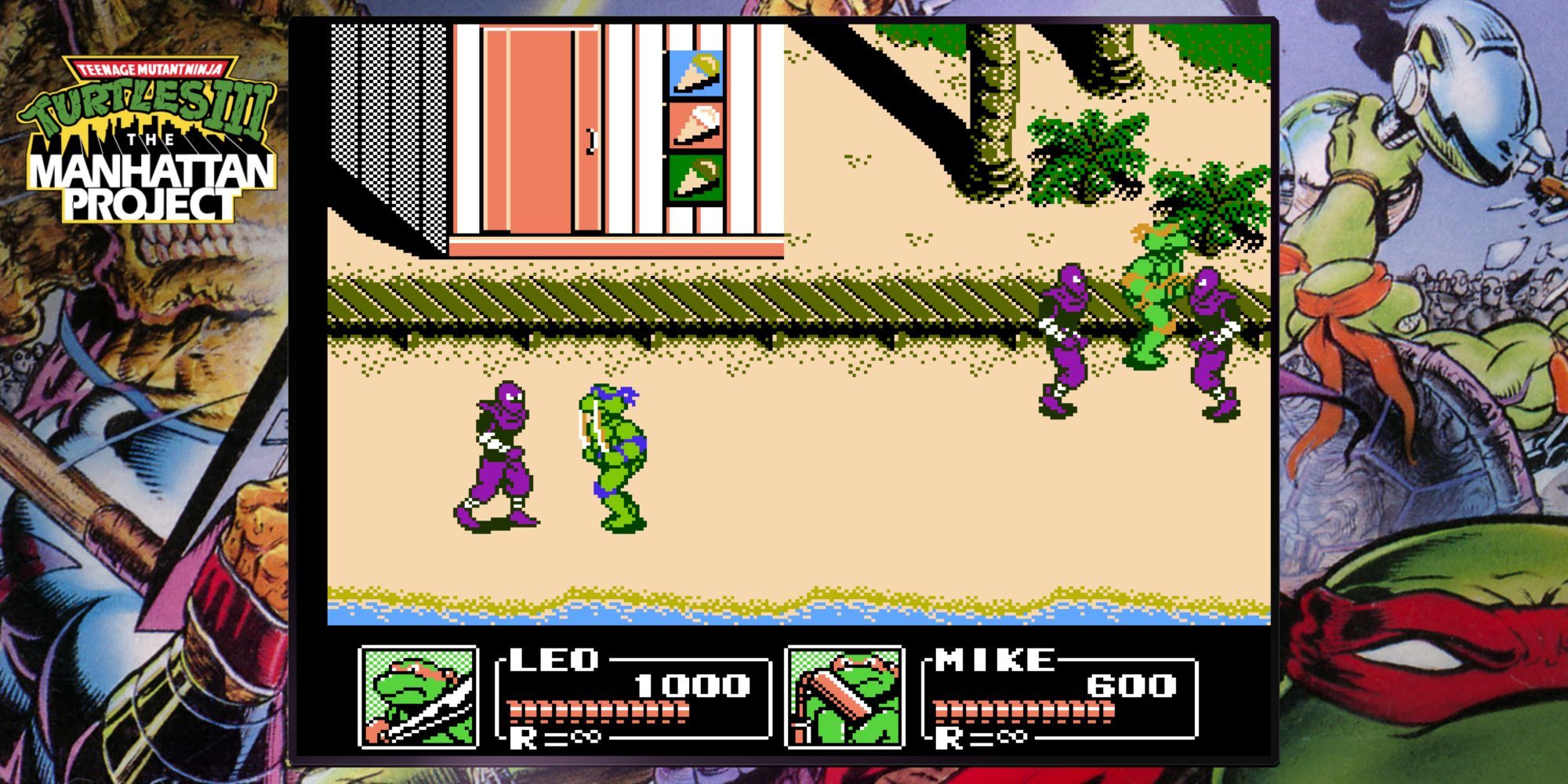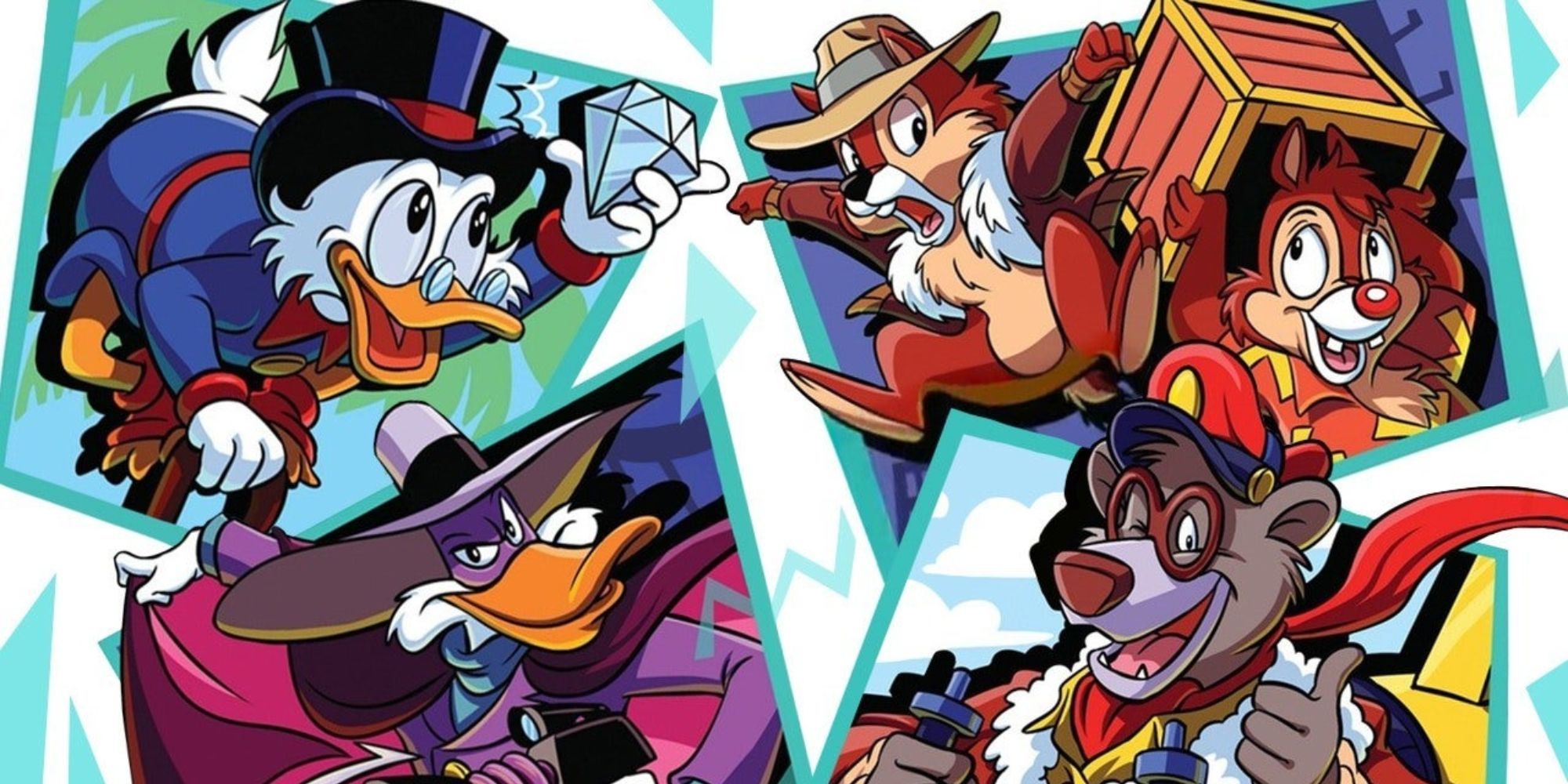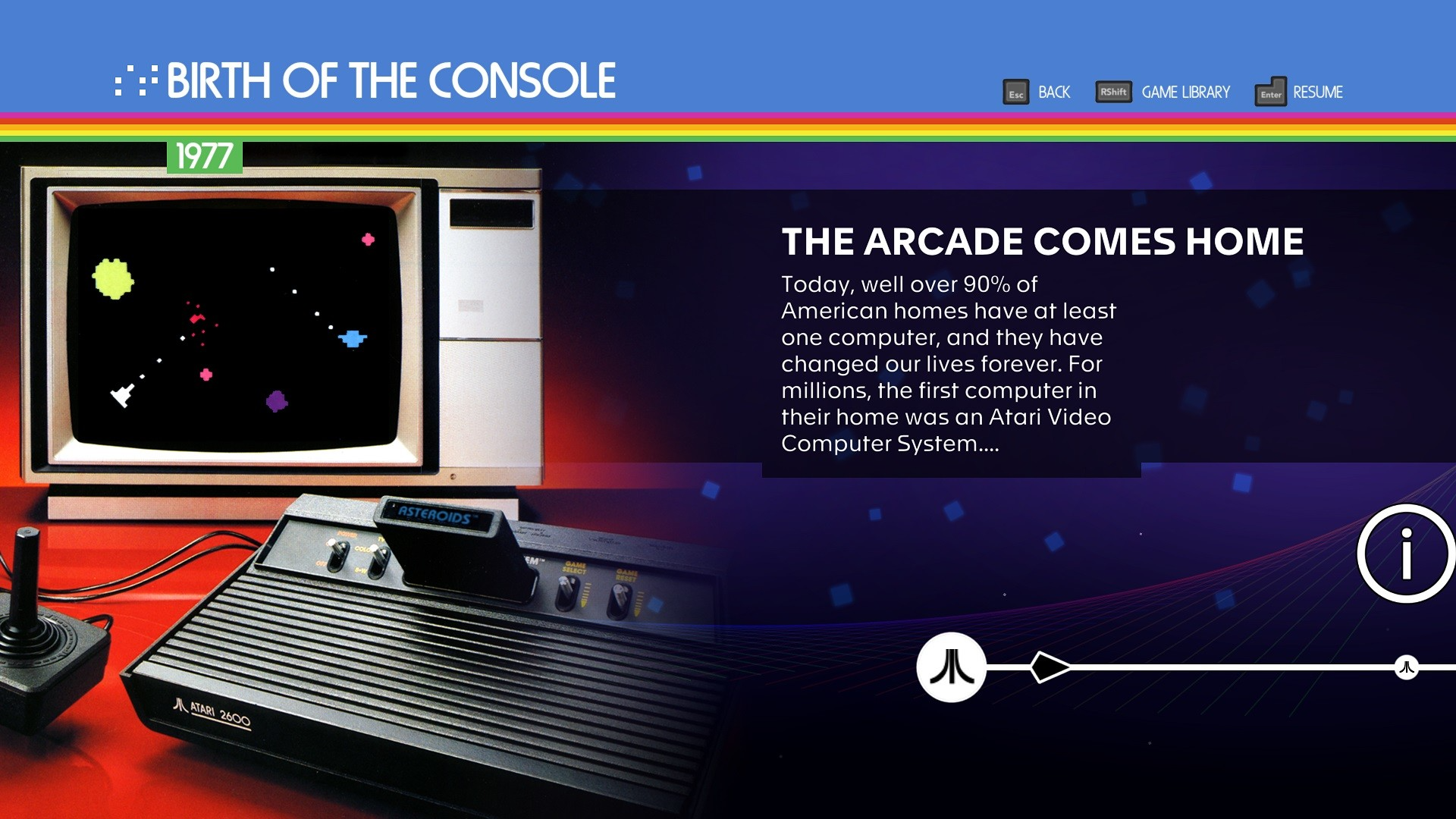All hail Digital Eclipse! That could be the end of this article and it’d still be accurate.
Before I get into this, I’ll disclose that I casually know some of the people at Digital Eclipse through social media and various gaming events. We’re not close. I don’t have their phone numbers. They probably wouldn’t give their numbers to me if I asked. Chris Kohler would’ve done it by now, but he’s got enough friends apparently.
God I need to get on a video game text chain. Anyway, Digital Eclipse. I know I’ve mentioned them before, but I just want to emphasize that they are one of the greatest video game companies not being drowned in a bathtub right now. They’re known for releasing collections of old games, but that’s a pretty fucking limiting description of what they do.
Over the last few years, Digital Eclipse has changed game collections from ROM dumps into virtual museums with box art, ads, and manuals. The Teenage Mutant Ninja Turtles Cowabunga Collection? Digital Eclipse.The Mega Man Legacy Collection? Digital Eclipse. Space Jam: A New Legacy – The Game? Digital Eclipse.
Listen, man. Not everything every company does is gonna be great, and I say this as the English language writer on Mario Party 9 (that’s real, you can look it up).
Digital Eclipse actually provides context for the games they’re presenting. Its releases push back against the idea that everything old is nostalgia bait and actually try to give you more information than you had before you played. In a way – and I’m sure I’m not nearly the first person to say this – Digital Eclipse is the Criterion Collection of games. It preserves game history and tells the player why it matters.
The real shame about its new release, Atari 50: The Anniversary Celebration, is that it sounds like the eighty fucking thousand previous Atari releases. I’ve never really been a big Atari person because it hit its cultural apex a few years before my parents made the mistake of having sex a second time. I had older cousins and kids in the neighborhood with an Atari, but why would I play Pitfall when I could play Mario?
So for someone like me – and probably you – an Atari collection only sounds like a nice little thing for people who think of Miami Vice as a recent show.
But it’s not. Unlike almost every Atari collection out there, Digital Eclipse made something that’s basically an interactive documentary. It’s a video game history lesson – complete with footage of old dudes talking about smoking pot as they made games. Wonderful. This is more than a few classics packaged together with a paragraph about when they were released. Even if you have zero memories of the Atari age, it’s a fascinating piece of cultural documentation. There are also a lot of Atari Jaguar games which are wild.
Digital Eclipse’s collections aren’t an argument against illegal emulation, they’re an argument for companies to treat their games and their history with respect. Any of us could download every Atari game ever made in about fifteen seconds. I have a keychain that runs PS1 titles – you think Atari is gonna throw me off?
But what I can’t do – or at least don’t want to do – is find all the wonderful/batshit boxes and photos and press. I don’t want to spend hours combing through dead internet pages and forums about the history of small-run arcade games that barely made it to the market.
The easy part is getting the games. The hard part is understanding them as they were meant to be experienced at every stage of the process – from purchase to playing. The hard part isn’t playing Haunted House. The hard part is knowing why Haunted House matters. Digital Eclipse deserves far more credit than it gets. It's a quiet little company, but its releases feel important in some way.
We’d all probably have a lot more respect for gaming history if other companies took the same energy and care in their re-releases. Without naming names, there are a lot of developers that have access to incredible artifacts from their incredible histories and just… aren’t showing them. We’re talking taking some fucking photos and scans and adding text. It takes effort. It’s difficult and expensive work. But almost any company can do that, especially the ones with legacy IP. Digital Eclipse shows us that they only choose not to.
Anyone can make a video game collection. Few can actually turn it into a history lesson. A CRT filter is great – we’re all doing wonderful with those – but complete documentation is better.
Source: Read Full Article


